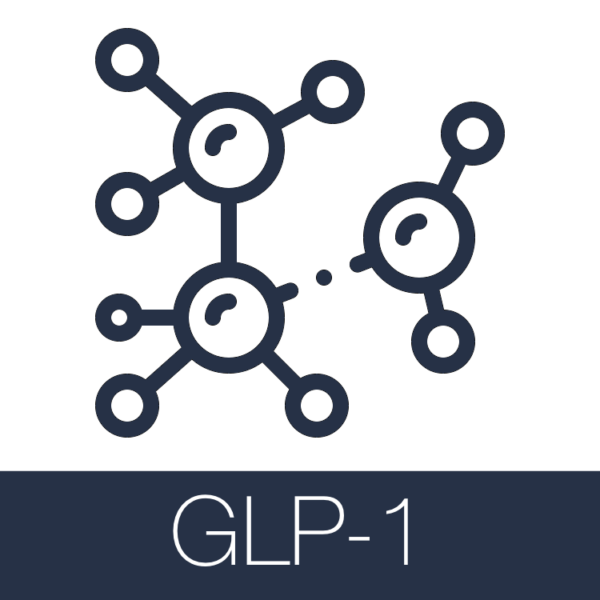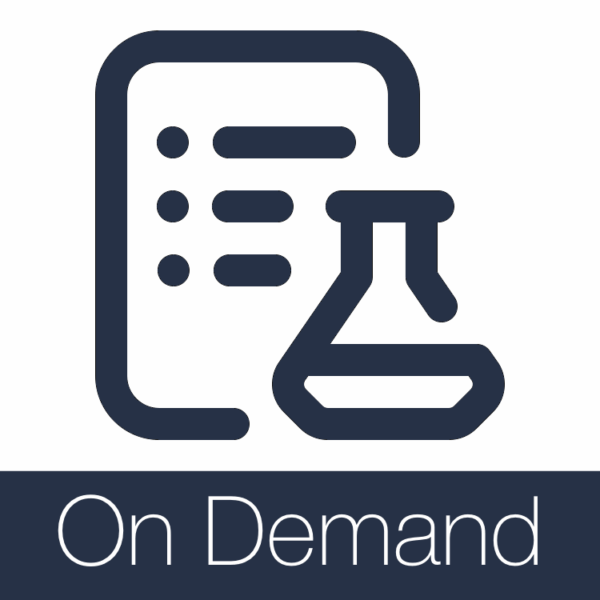This course is the Medication Management Part 2 of our larger comprehensive training for pharmacists interested in applying Functional Medicine (FxMed) to their pharmacy practice. The course combines foundational concepts in FxMed assessment and plan design with medication management to equip pharmacists with the tools necessary to offer personalized, holistic care to their patients. This is intended for individuals that have already completed foundational functional medicine training with IFM.
The course includes
- Medication Therapy Management (MTM) and Nutraceutical Management. (Note 3 hours of this content was a previous CE in July 2020)
In this course pharmacists will delve into the intricate relationship between medications and nutrition status and how it impacts disease state and medication management. Through a series of modules, participants will explore topics such as drug-induced nutrient depletions (DIND), drug-nutrient interactions (DNI), and drug-herb interactions (DHI) using case-based learning. Pharmacists will learn how to apply a FxMed lens to medication therapy management and play an active role in patient nutraceutical management. Specifically tailored to address highly prescribed classes of medications including oral contraceptives, Proton Pump Inhibitors (PPIs), Statins, Nonsteroidal Anti-inflammatory Drugs (NSAIDs), and Selective Serotonin Reuptake Inhibitors (SSRIs), pharmacists will gain the knowledge and confidence to provide optimal support to their patients.
Pharmacists who complete this course will be equipped with the evidence-based training needed to optimize patient medication and nutraceutical therapy and play an essential role as part of the FxMed collaborative team.









